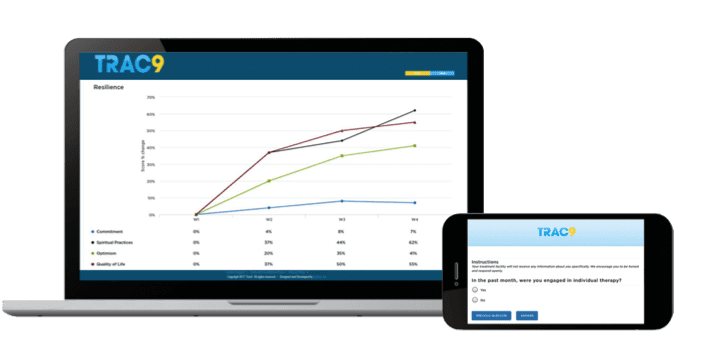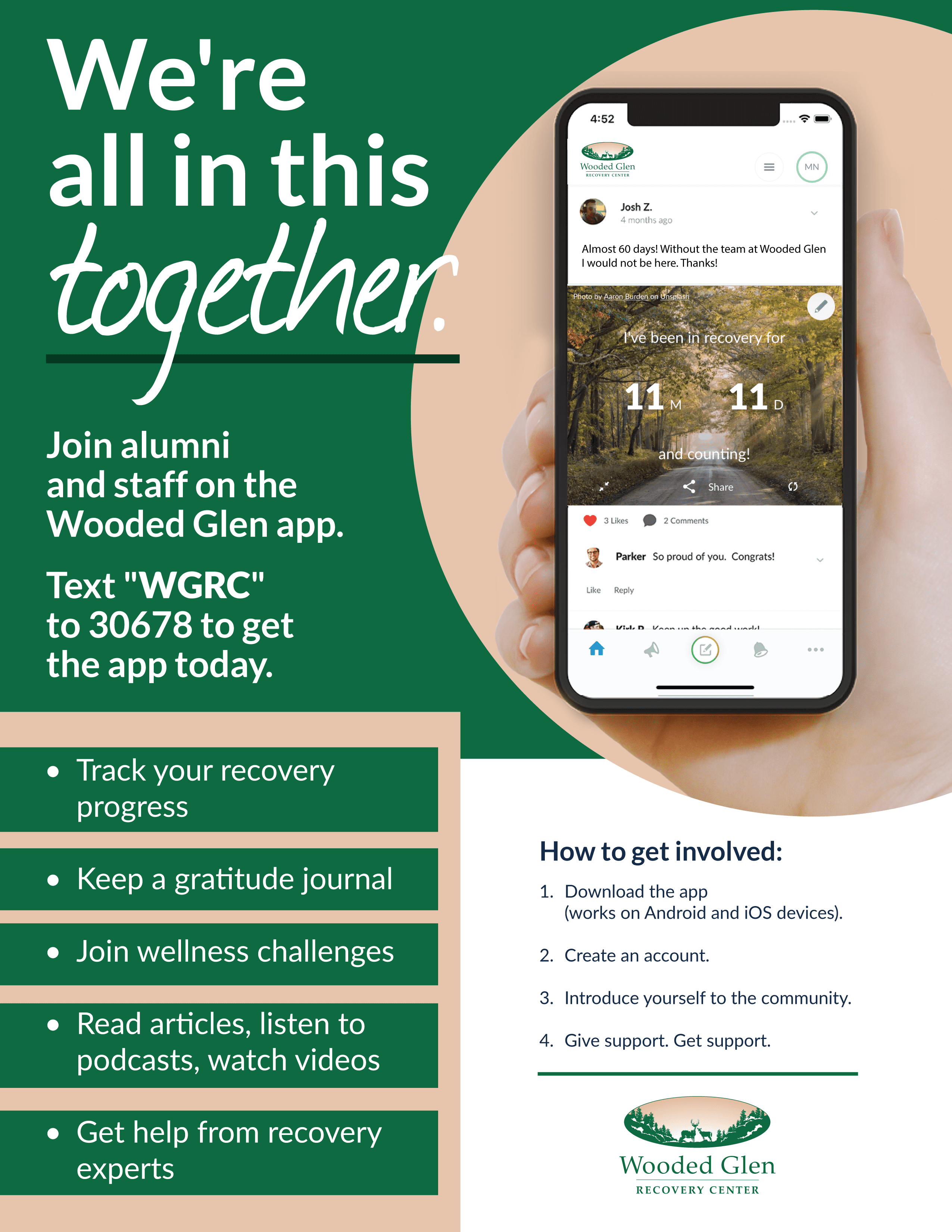Continuing Care in Addiction Treatment Recovery
Decades of scientific research supports the idea that addiction is a brain disease. It’s a chronic, relapsing illness that can’t be cured by willpower alone. As such, continuing care is necessary to promote lasting sobriety.
What is “Continuing Care” in Addiction Recovery?
Providing Ongoing Support
Recovery professionals use the term continuum of care to refer to a process of providing ongoing support for someone in treatment for drug or alcohol addiction. Care is provided at different levels of intensity, with the goal being to gradually ease the individual back to independent living. Sometimes, this approach may be referred to as a “Recovery-Oriented System of Care” (ROSC).

Developing a Continuing Care Plan
Continuing care is personalized to fit the unique needs of each individual, considering factors such as the availability of a strong family support system, overall physical health, and the presence of a co-occurring mental health disorder such as anxiety or depression.
Some of the options that may be explored include:
- Intensive outpatient programs that offer a transitional step between residential care and independent living
- Sober living homes that provide housing for other individuals who are in recovery
- 12-step recovery groups in your community
- Access to Wooded Glen Recovery Center alumni groups, CaredFor App, and events
You’re Never Alone
Leaving the structured environment of residential treatment can feel overwhelming. You may be worried about how to manage triggers, cravings, and the challenges of daily life on your own, but it’s important to remember that Wooded Glen Recovery Center is committed to your success.
Living with addiction causes pain and regret, but there is always a way out of the darkness. At Wooded Glen Recovery Center, we’re committed to providing you with the opportunity for a future filled with hope and healing.

Benefits of Continuing Care in Recovery
Reduced Risk of Relapse:
Studies show that individuals who participate in continuing care have significantly lower relapse rates compared to those who don’t.
Improved Mental Health:
Continuing care can address underlying mental health conditions often associated with SUD, leading to better overall well-being.
Increased Employment:
Continued support can help individuals regain stability and improve their employability, contributing to a sense of purpose and
self-sufficiency.
Enhanced Quality of Life:
Ultimately, continuing care empowers individuals to live healthier, happier, and more fulfilling lives in all aspects.
Trac9 App
After recognizing the difficulty that most treatment facilities have with creating an effective post-treatment follow-up program, Trac9 was deployed by our program to offer an automated assessment plan.
Through a secure web app, Trac9 uses a series of standardized assessments to identify changes in depression, anxiety, stress, visual response to cravings, verbal response to cravings, spirituality, commitment to sobriety, optimism, and quality of life. The assessments are collected on an as-needed basis, typically weekly, and track the user’s responses to predict the likelihood of a relapse. The results are charted in an easy-to-read graph that shows the client’s progress or the need for additional recovery work.



Caredfor App
CaredFor is our secure, online platform that allows our alumni to connect, engage, and support one another, while also staying in touch with Wooded Glen Recovery Center. Inside CaredFor, alumni use a personalized dashboard that tracks sobriety time, provides articles and resource material, and provides support from recovery experts, including those at Wooded Glen Recovery Center.
Getting Started
Use of the CaredFor app is free for alumni and can be accessed on most wireless devices. To get started, text “WGRC” to “30678” or look for it in your app store.
Access to a Full Continuum of Care
Clients who complete our residential treatment program have access to a full continuum of care.
Recovery specialists will work with each client to develop a personalized plan for transitioning to independent living, including 12-step support groups, referrals to local resources, and access to special alumni events.
This comprehensive approach helps clients reach their full potential, no matter what the future may hold.
We Accept Most Insurance
Many insurance companies provide coverage for most or all of treatment at Wooded Glen Recovery Center. For the uninsured, we offer competitive self-pay rates to provide affordable treatment.
